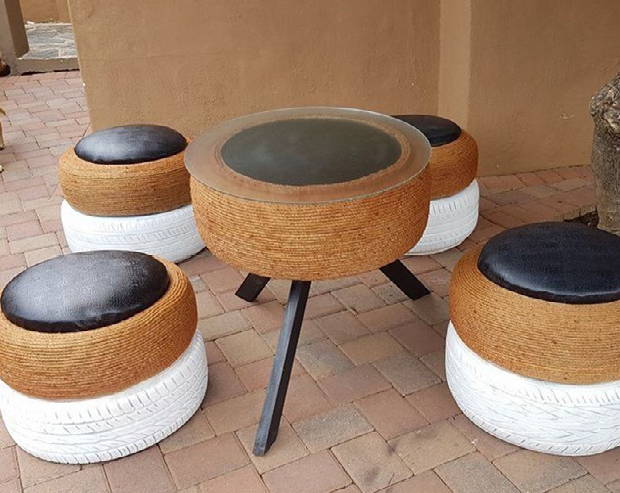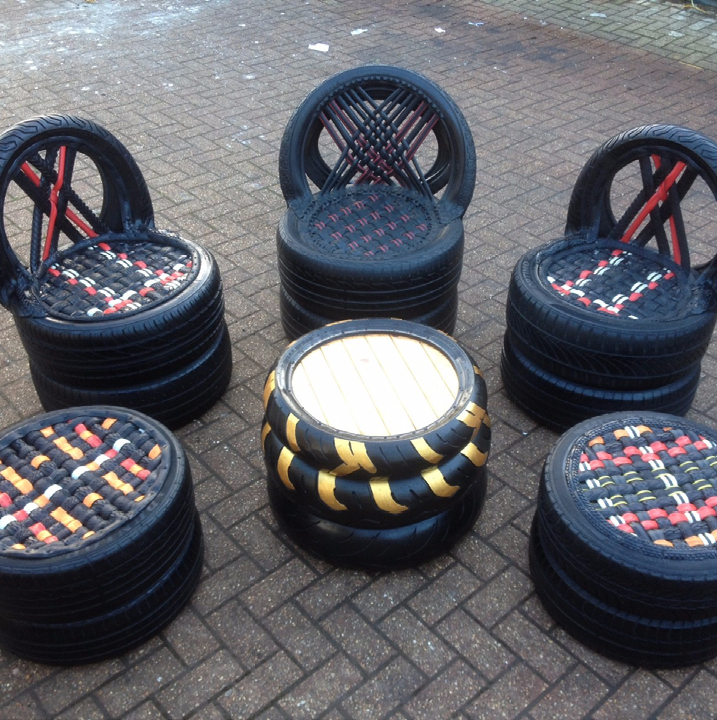In today’s world, waste has become one of the most essential resources that will lead to environmental innovation. There is need for African countries to also craft a national policy and legislation that govern value addition of waste products which are being produced from domestic purposes, industrial activities, manufacturing processes and agriculture. It is important for our government to view change as an opportunity rather than a threat. In developing countries, waste collection is the critical component of the informal economy and alleviation of poverty. However, waste has a significant negative impact on the environment and human health when inadequately managed in the society. Environmental innovation is defined as innovation that consists of new or modified processes, practices, systems and products which benefit the environment and contribute to environmental sustainability (Rennings, 2000).
Type of waste resources
- Organic, Electronic waste, Paper, Plastic, Metal, Medical waste, Glass, Rubber etc.
Waste tyres value addition

Embracing value addition on waste resources will create employment, improve the standard of living in our communities and contribute to government revenue through payment of business and employment taxes.

Opportunities
- Reduce – Raise awareness through education.
- Upcycle – turning organic waste into fertilizer through composting.
- Recycle- recover resources from landfill through recycling.
Challenges that affecting waste value addition
- Lack of markets
- Separation of waste at sources not being done
- No experience to implement waste value addition on a larger scale
- Lack of manpower and financial resources
- Lack of infrastructure for waste collection


